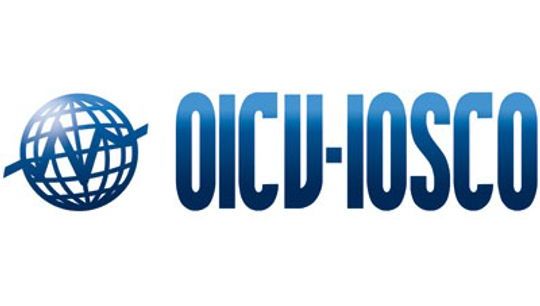Press Release: Private credit market surpasses US$3trn and maintains resilience despite growing stress
Published: 21 November 2024
PRESS RELEASE: Private credit market surpasses US$3trn and maintains resilience despite growing stress
- Industry-led research indicates that the global private credit market has surpassed US$3trn AUM with optimism about further growth prospects in core US, European and Asian markets.
- Corporate lending remains dominant with 60% of the overall AUM, while asset-backed, real estate, and infrastructure debt now account for 40% of the market.
- Economic stress on borrowers due to higher rates is reflected through an increase in adjustments to loan terms and valuations.
- Portfolio difficulties are likely near their peak and not distributed uniformly across the industry.
- Core financial stability metrics such as leverage and liquidity mismatches remain stable.
New industry research from the Alternative Credit Council (ACC), the private credit affiliate of the Alternative Investment Management Association (AIMA), finds that the global private credit market has reached US$3trn assets under management (AUM).
The 10th edition of Financing the Economy, published in partnership with EY, finds that corporate lending remains central to the asset class, accounting for around 60% of total AUM. Investors are also increasingly seeing value in asset-backed lending, real estate debt, and infrastructure debt strategies, which now comprise around 40% of the private credit market.
Private credit lenders invested US$333.4bn of fresh capital in 2023 – a significant increase on the US$203bn deployed in 2022 – with the largest managers responsible for 80% of the capital deployed. Both findings reinforce the trend of larger firms spearheading the sector's growth and expanding role in global finance despite challenges in the broader economy.
The research finds that increased stress on borrowers during the past two years is being reflected in adjustments to loan terms and valuations reported to investors. There is a high level of transparency for investors regarding the status and performance of loan portfolios.
Financing the Economy 2024 shows a significant rise in loan term adjustments from, on average, 8% of loans in 2023 to a little under 12% in 2024 as lenders manage their loan books. These adjustments remain within forecast scenarios and are consistent with the proactive approach to risk management practised by private credit funds.
ACC data also shows private credit funds use modest leverage, with 51% employing between 0.1x and 1.5x of debt-to-equity leverage ratios, while 31% of funds are unlevered. Comparing this data with prior ACC research confirms that leverage used by private credit funds has remained consistent over the past 10 years.
Around 50% of respondents expect to increase their investment in the US, European and Asian markets over the next three years. Investors' desire for diversification and ongoing bank retrenchment are cited as key factors supporting the demand for additional investment in corporate lending, ABL, RE debt, and infrastructure debt.
Jiří Król, Global Head of the Alternative Credit Council, said: "Surpassing $3 trillion in assets is a remarkable achievement for the private credit industry, especially in a challenging macro environment. Our research shows that private credit's stability stems from its strong structural foundations - aligned interests between managers and investors resulting in robust long-term capital backing. The sector enhances financial stability through fund structures that avoid liquidity and maturity mismatches and consistently low levels of leverage. This makes private credit a resilient force in today's financial landscape."
Vincent Remy, EY Luxembourg Private Debt Leader, said: “Private credit has been the fastest-growing alternative asset class over the past two decades. The research shows that the sector continues its steady growth despite headwinds. Private debt markets also expand into new geographical markets and into a variety of new debt strategies. Whilst institutional money constitutes the main source of financing, retail and insurance capital have played a more significant role. The rapid growth has gathered increased attention from regulators, yet the sector continues to provide a vital source of alternative financing to the real economy which benefits both borrowers and investors.”
The research draws on data from 53 private credit managers and investors who collectively manage an estimated US$2trn in private credit assets.
The research also features contributions from 26 leading private credit fund managers including: Allianz Global Investors, Ares, Arkkan Capital, BlackRock, Blackstone Credit, Blue Owl Capital, Brinley Partners, The Carlyle Group, Cheyne Capital, CVC Credit Partners, Hayfin, Investment Management Corporation of Ontario, LBBW Asset Management, Man Varagon, MGG Investment Group, MV Credit, NEST, Oaktree, Park Square Capital, Pemberton Asset Management, Tikehau Capital, Apollo Global Management, ICG, Oak Hill Advisors, Orchard Global and Zenzic Capital.
Contact Details:
Drew Nicol, Director, Research and Communications, AIMA
Email: [email protected]











